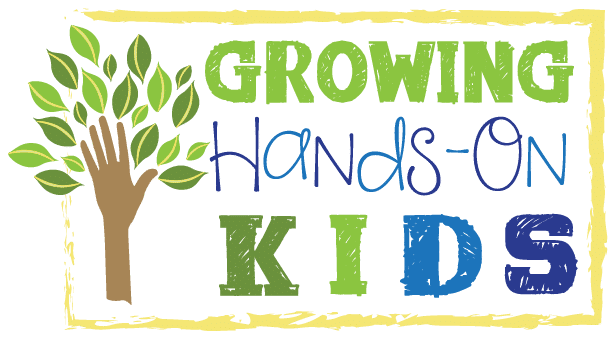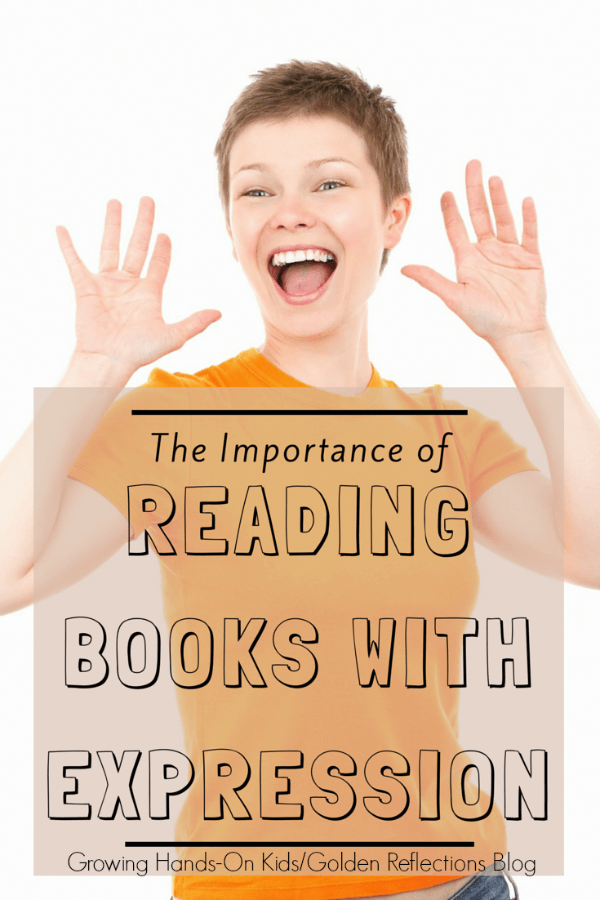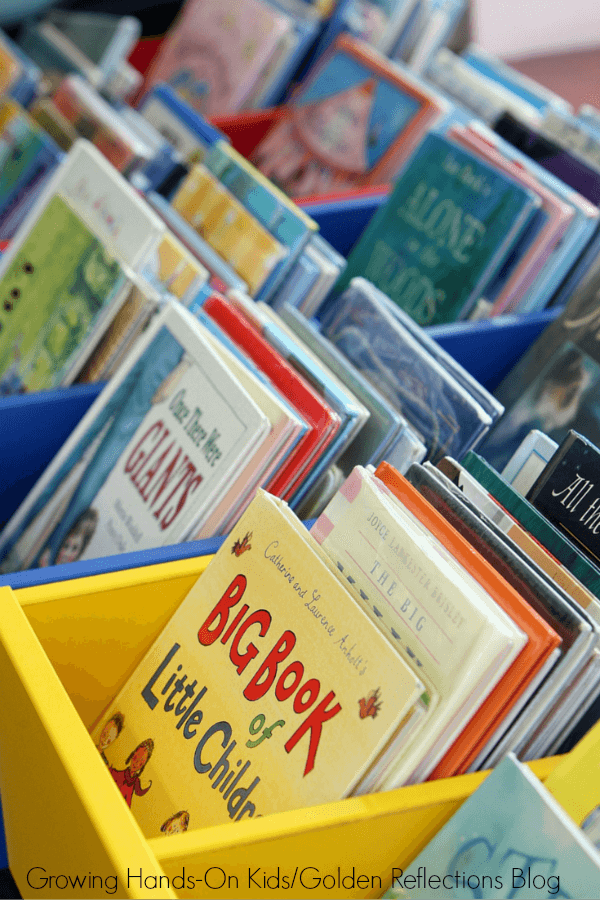Lions and Tigers and Bears, Oh My! – The Importance of Reading Books with Expression
Affiliate and Referral links are used below to promote products I love and recommend. I receive a commission on any purchases made through these links. Please see my disclosure policy for more details. As an Amazon Associate, I earn from qualifying purchases.
Today I am welcoming Alex Trichilo, a Speech Pathologist from Australia and blogger at The SpeeL to share about the importance of reading books with expression to your kids.
I love reading books to kids, but I didn’t always love it! I was too scared to put on the voices of each character and didn’t know any ways to get kids to actually enjoy reading books. For me, being a Speech Pathologist, reading books is an essential part of my job so I had to learn. I watched teachers reading books to kids to get ideas, and I practiced and practiced.
Now I consider myself pretty good and it isn’t scary any more – I have so many favourite books that are almost rote-learned. Let me share with you my tips and tricks for reading books to kids with expression so that you don’t have to go through all the hard work I went through!
I read a fantastic article last year by Mira and colleagues (2013) that actually found evidence that reading books with expression assists children in understanding the language of the book! This sounds like common sense but it was something that I hadn’t thought of before.
The writers of the article hypothesized that this could be due a variety of reasons – children were more engaged in the book reading, but also the changes in pitch, excitement and loudness signaled to the child’s brain that it was important, almost like a “Store This Information!” kind of trigger for the brain!
So my top tips for reading books with kids:
- Get comfortable – Firstly, choose a book that you feel comfortable with. Maybe tackling that tongue-twisting Dr Seuss book is something you aren’t quite ready for yet! Secondly, find a comfy space and settle in.
- Emotions – Before you read the book, have a think about the different emotions that the characters would be feeling in the book. Make sure that your tone of voice fits the emotion of that part of the story. Avoid talking in a lovely excited voice when the character’s dog just died! My favorite time to use my scared voice is for The Wizard of Oz “Lions and Tigers and Bears, Oh my!”
- Voices – When you see direct speech from a character in the book, at least try to put on a voice. Remember that men have deep voices, kids have higher pitched voices and even animals can have different voices. You might use a snarly voice for a lion, and a hooting voice for an owl. Have fun with it – only your kids can hear you!
- Pauses – Pause for effect sometimes whilst you are reading, it builds suspense and interest in what happens next. You can take a little while to turn the page, or pause before you say a really important part of the story.
- Awesome Words – Some words are just awesome! If you see a really cool word in a book like “delicious” or “Boing!” say it with expression and excitement. These are so much fun and kids usually remember the awesome words.
- Make it your own – Have you read the same book a hundred times! Maybe the next time you read it, you can change the character names to the names of your children, or read it with opposites (i.e. up is down and happy is sad). This is really fun and teaches kids that they are allowed to make up their own stories.
Already doing these things? You are a superstar! If not, try something new next time you read a book to your kids, just one of these tips will make a big difference to your child’s comprehension of the story and set them up with good listening and comprehension skills for the future!
If you want to take it one step further, track the words in the book with your finger as you read them, the latest research is telling us that doing this can assist in accelerating children’s literacy skills.
What is your favourite book to read with expression? Share it in the comments below.
Reference: Mira, W. A., & Schwanenflugel, P. J. (2013). The Impact of Reading Expressiveness on the Listening Comprehension of Storybooks by Prekindergarten Children. Language, Speech, & Hearing Services in Schools, 44, 183-194

Sharing with: Homeschool Creations, Natural Homeschooler, Teaching Mama

Heather Greutman, COTA
Heather Greutman is a Certified Occupational Therapy Assistant with experience in school-based OT services for preschool through high school. She uses her background to share child development tips, tools, and strategies for parents, educators, and therapists. She is the author of many ebooks including The Basics of Fine Motor Skills, and Basics of Pre-Writing Skills, and co-author of Sensory Processing Explained: A Handbook for Parents and Educators.



Some great tips! We incorporate American Sign Language in to reading as well, which can help to enhance understanding of the vocabulary as well as the pauses and inflections of your voice.
I just saw this link on the Teaching Mama website and it is so funny because I agree with you 100%! I am also a Speech Pathologist and a mother of three and find that reading books with expression allows the books to be more meaningful to the child. When things are more meaningful, children are more likely to remember the vocabulary and comprehend the meaning of the story. I just did a similar blog post a couple weeks ago on this topic. http://wp.me/p6t7Vh-6e
We use ASL here as well! I have definitely noticed it helps increase her vocabulary.